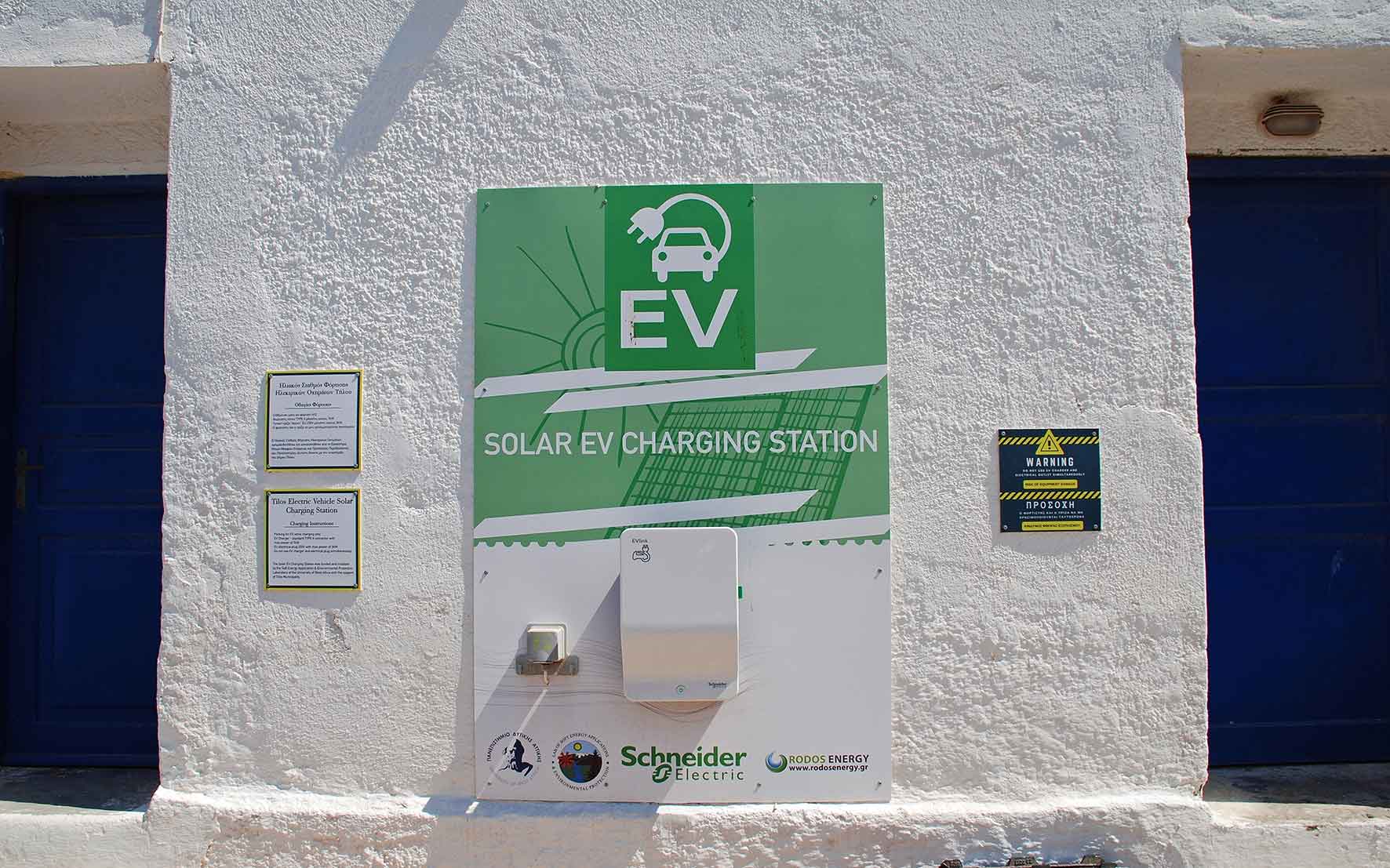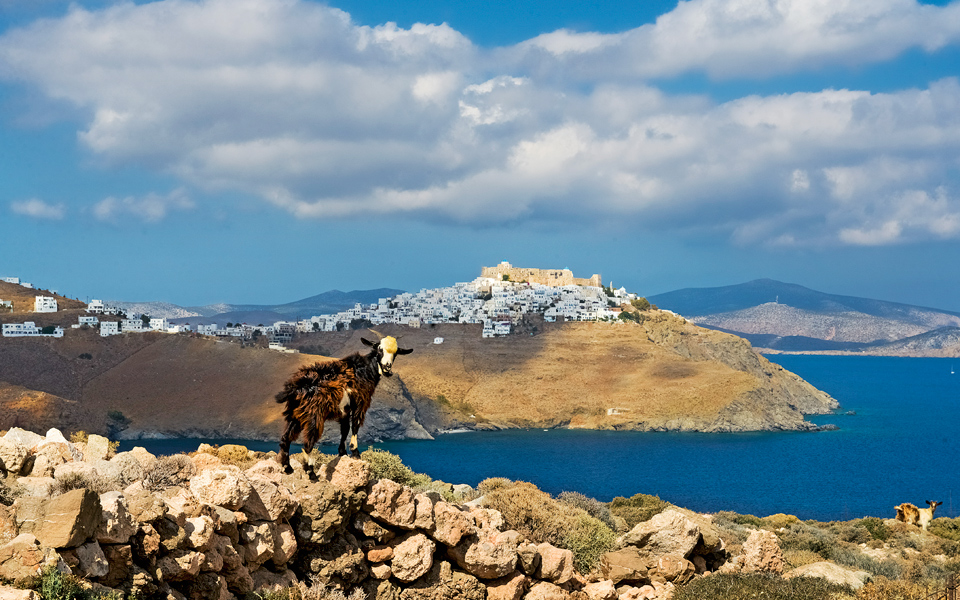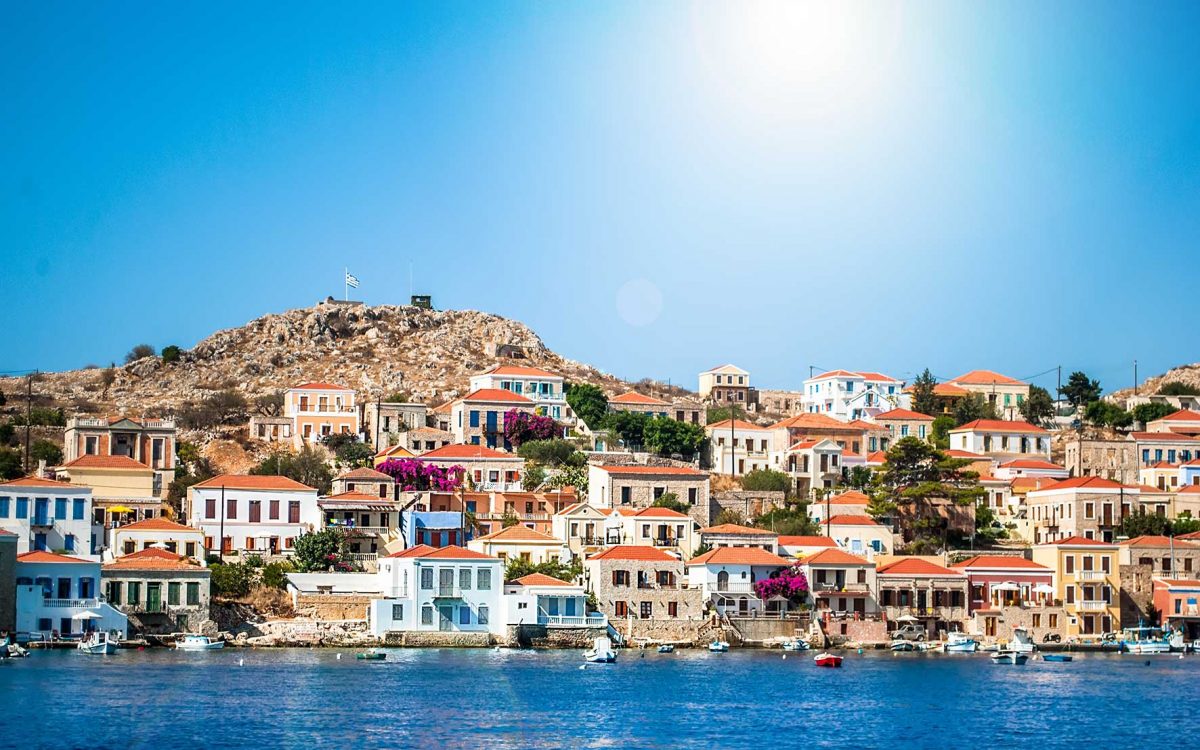The Greek islands could soon become models of sustainable development.
The archipelago already hosts many environmental initiatives: islands like Paros and Donoussa have recently vowed to become plastic waste-free zones; a hybrid wind and solar power station on Tilos has earned international plaudits; and innovative seabed cleanup strategies have attracted the attention of domestic and foreign media alike.
Now it seems the islands may be entering a new stage of sustainable evolution, as several independent projects – all with serious financial backing – are set in motion. The idea is compelling: each island a unique and inspirational microcosm with a neutral environmental footprint.
According to a report from newspaper Kathimerini, the Greek Ministry for the Environment and Energy is expecting a disbursement of 700 million euros from the European Commission, destined for islands of the Aegean and Crete, in the context of the European Union’s Fair Energy Transition for All (FETA) project.
The goal is to render the energy supply of these islands environmentally friendly, using methods similar to those already implemented on the island of Tilos in the Dodecanese.

© Shutterstock
A plan for this development, which will include a complete transition to electrical energy generated by hybrid power systems, as well as the installation of e-vehicle charging stations, is currently being prepared by the Greek coordinating committee of the Just Transition plan (a special committee for decarbonization).
Meanwhile, additional small islands in the Dodecanese are already moving ahead with similar projects in cooperation with private investors, independently from the FETA program.
Last week, in a meeting hosted by the Minister of Environment & Energy, Costas Skrekas, a green energy plan was discussed for a Dodecanese island (which has yet to be officially named, but much points to the tiny island of Halki), to be realized cooperation with three French companies: Citroen, Vinci Energie, and Akuo Energy Greece.
Their grand goal will be to provide the island with full energy autonomy, e-vehicle charging stations, a “smart” lighting system, as well as zero-carbon maritime vessels. Present at the meeting were the Secretary General for Energy & Mineral Resources, Alexandra Sdoukou, the Ambassador of France in Greece, and representatives of the three French companies.

© GettyImages / IdealImage
In a press release from the Ministry of Environment and Energy, Skrekas was quoted as saying:
“The transition of Greek islands to full energy autonomy, with climate neutrality, is one of the central priorities of our government and Prime Minister Kyriakos Mitsotakis. This is an ambitious and innovative project, with multiple benefits for the inhabitants and businesses of the islands, but also with high added value to the tourist product of our country. Greece can and will pioneer the creation of model islands to achieve sustainable development and reduce the environmental footprint, turning the ‘green’ economy into a strong lever for growth.”
One island already seeking to use green technology to provide an improved visitor experience is Astypalea, also in the Dodecanese. A memorandum for Astypalea was signed by Greece’s deputy foreign minister Konstantinos Fragogiannis and Volkswagen CEO Herbert Diess in November last year.
Volkswagen is to provide Astypalea with electric vehicles to replace about 1,500 combustion engine vehicles, and install its Elli chargers at 230 (private and public) charging points across the island. In addition, there will be a new ride-sharing service offering electric cars and e-scooters.
As these and other green projects come online, many other tourist destinations both in Greece and abroad will undoubtedly be paying close attention, seeking to determine to whether investments to transition to a low carbon economy also translate into an elevated tourism profile.












